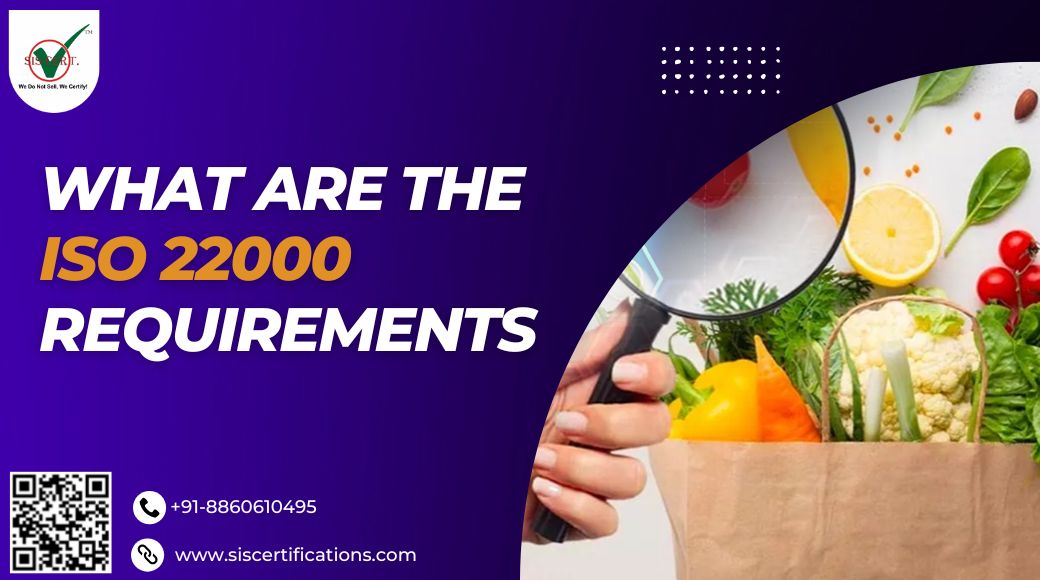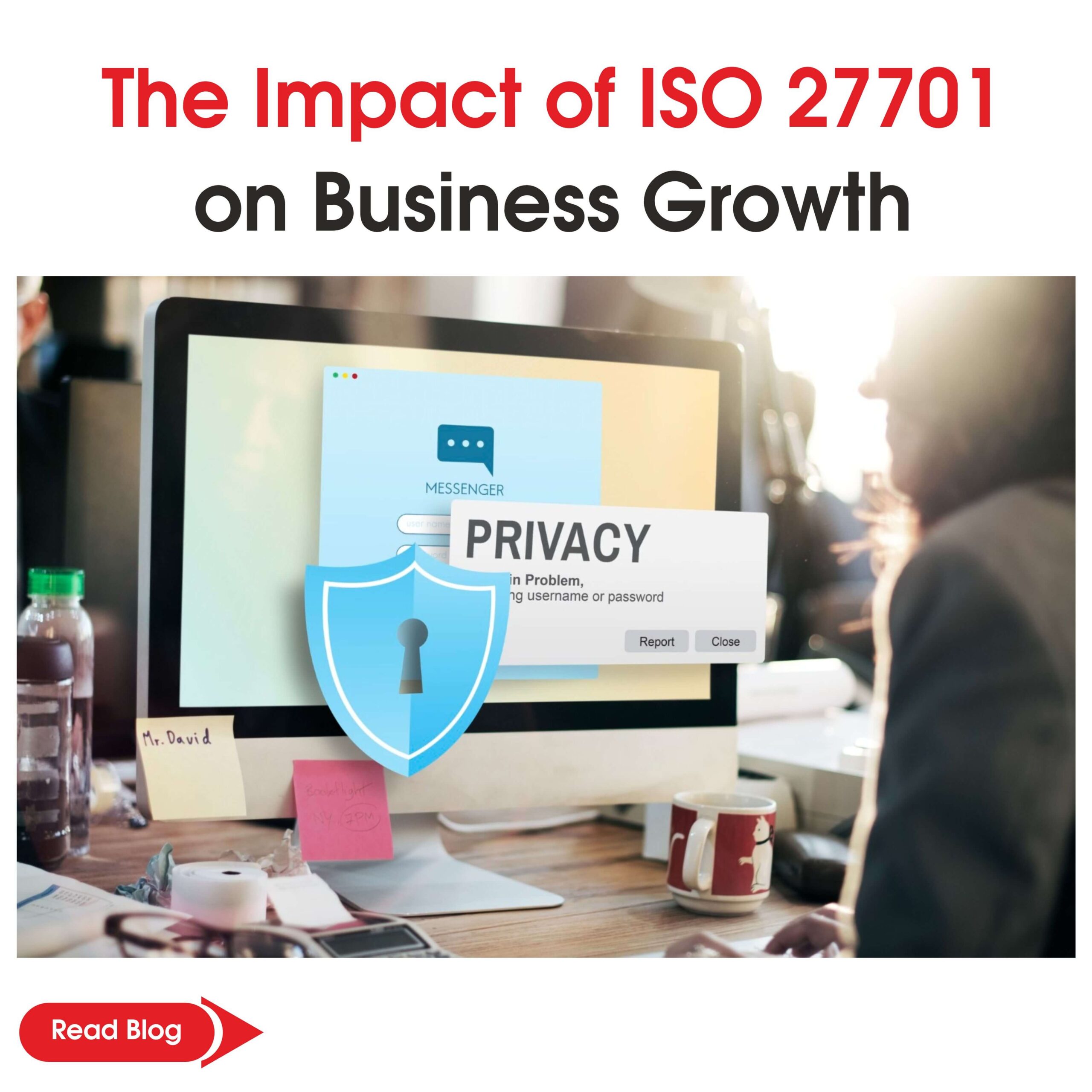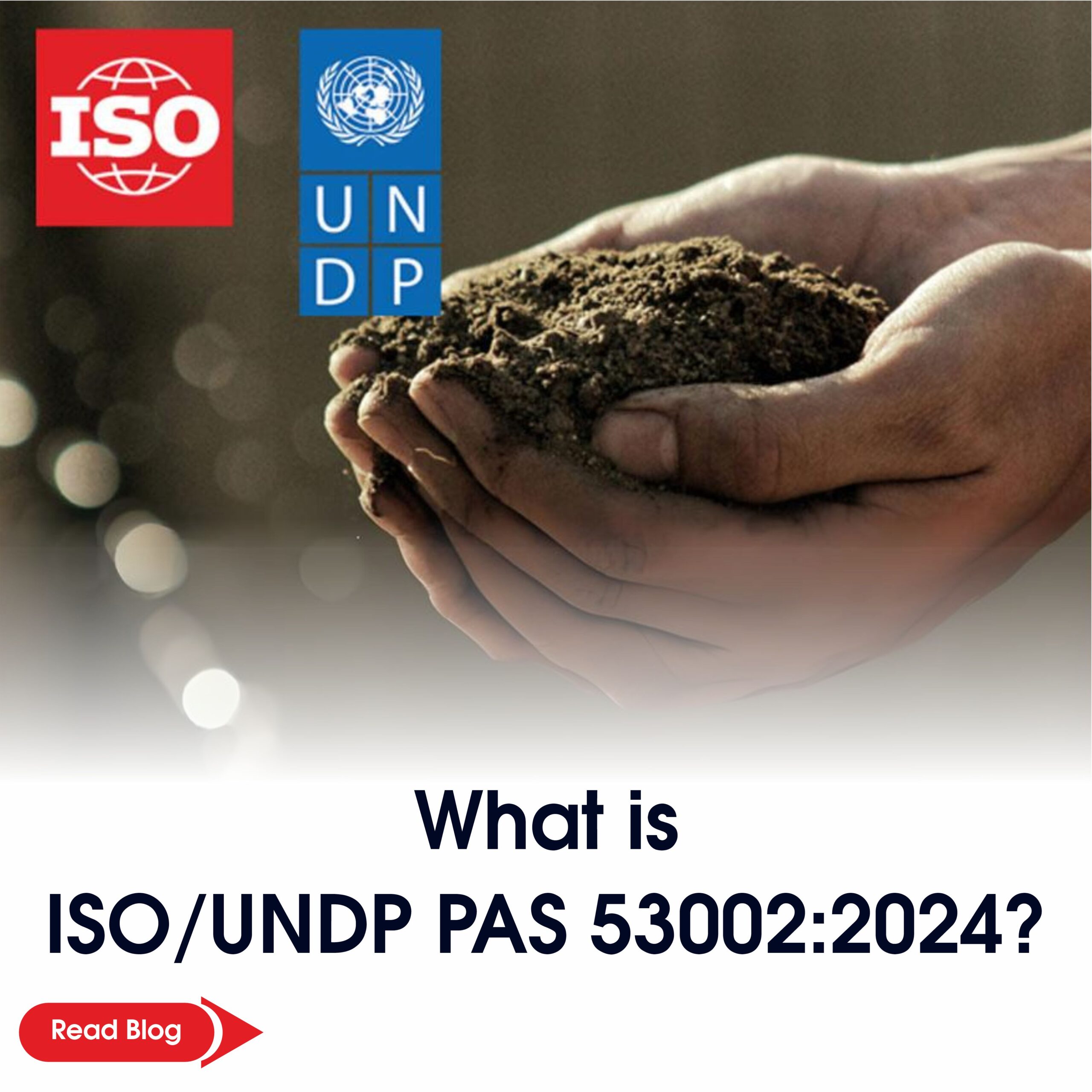Food safety has become a global concern and food contamination can take place at any level of the food supply chain. Contaminated food can cause sickness and other food-related problems. According to W.H.O., food safety, nutrition and food security are inextricably linked. The International organization for Standardization (ISO) has developed ISO 22000 certification to ensure food safety and the well-being of consumers.
What is ISO 22000 Certification- Food Safety Management System?⮯
ISO 22000 certification is an internationally accredited Food Safety Management System (FSMS) standard that incorporates the ISO 9001 approach to food safety management. It integrates the Hazard Analysis Critical Control Point (HACCP) principles developed by the Codex Alimentarius Commission to identify food safety hazards and implements appropriate controls to eliminate them.
ISO 22000 Certification specifies the requirements for a Food Safety Management System (FSMS) standard. Any organization associated with the food industry can apply for ISO 22000 certification, small and large; all food producers have the responsibility to ensure food safety. It provides a framework for organizations to implement and operate a food safety system to offer safe food products to consumers.
Requirements for ISO 22000 Certification
ISO 22000 certification is a Food Safety Management System (FSMS) System. The general requirements for a Food Safety Management System (FSMS) are as follows:
- The top-level management requires determining an overall food safety policy for the organization to eliminate food safety hazards.
- Defining objectives of the organization and aligning business processes and operations to comply with ISO 22000 standards and requirements.
- Assigning roles and responsibilities and allocating resources to establish effective food safety management. It also requires the food industry to maintain records and documents related to food safety management.
- Maintaining information related to the performance of the system. It helps organizations evaluate the effectiveness of the management system.
- Establishing a food safety team.
- Establishing adequate communication system procedures, internal and external, to manage food safety across the food supply chain.
- Determining an emergency plan.
- Executing management review meetings to monitor and evaluate the effectiveness of the Food Safety Management System.
- Providing required resources, training the personnel, adequate infrastructure and establishing an appropriate work environment to ensure the effectiveness of the FSMS.
- Integrating Hazard Analysis Critical Control Point (HACCP) principles.
Implementing traceability and transparent system to identify and eliminate food safety hazards across the supply chain. - Taking corrective actions and implementing appropriate controls to eliminate non-conformities.
Establishing an adequate documented procedure for managing the withdrawal of products.
Controlling, measuring and monitoring the effective food safety management across the food supply chain. - It requires an organization to establish and maintain a periodic internal audit program.
To establish an effective Food Safety Management System (FSMS), an organization requires improve its infrastructure and processes continually.
Conclusion ✅
The International Organization for Standardization (ISO) has developed ISO 22000 certification to establish an effective Food Safety Management System (FSMS). It provides tools and controls for an organization to eliminate food safety hazards and reduce the risks of food contamination. ISO 22000 standard incorporates HACCP principles to identify food-related risks and hazards across the food supply chain and implements appropriate controls to eliminate them. It establishes a system of traceability and effective communication across the food supply chain to deliver safe and healthy food items to consumers. It makes an organization more reliable and credible by demonstrating the organization’s commitment to food safety and the well-being of consumers.




